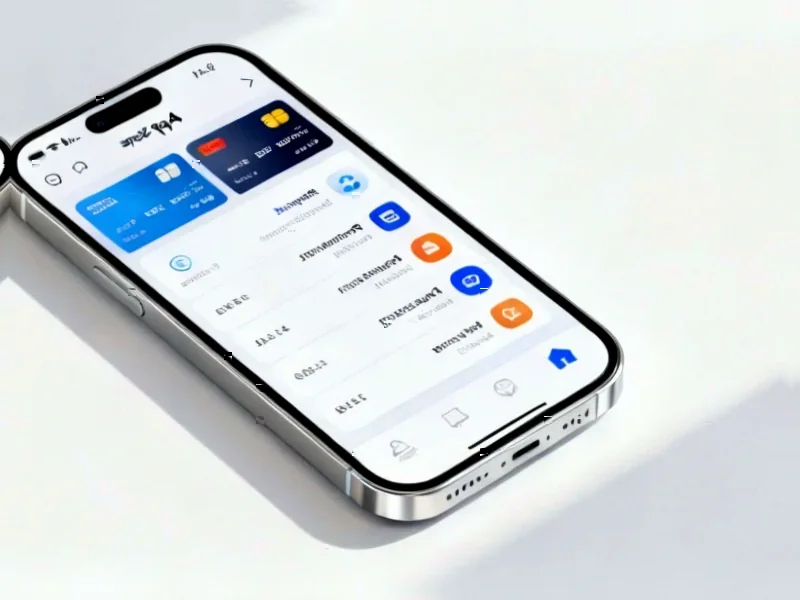According to PYMNTS.com, Google has settled its antitrust case with Epic Games over the Android app store monopoly. The settlement comes after a December 2023 jury verdict favoring Epic and follows the Supreme Court’s recent denial of Google’s appeal. Under the agreement, Google must cap commissions at 9% or 20% for purchases outside the Play Store, depending on transaction type. Instead of opening Google Play’s entire app catalog to competitors, the deal creates a “registered app stores” system with equal treatment on Android devices. The companies confirmed their most senior executives negotiated the settlement over several months, calling it a move that “will advance the evolution of the Android platform.” This resolves Epic’s lawsuit alleging Google monopolized app distribution and payments on Android.
What’s actually changing?
So Google‘s basically admitting defeat here, but they’re putting their own spin on it. The 9% or 20% commission caps are interesting – that’s still pretty hefty for transactions that don’t go through Google’s payment system. And this “registered app stores” approach feels like a compromise that gives Google more control than the original court order, which required making the entire Play Store catalog available to competitors.
Here’s the thing: Google’s been fighting this battle on multiple fronts. They were already making court-mandated changes to the Play Store before this settlement. Now they’re cutting their losses with Epic specifically. But does this really solve the underlying problem? I’m skeptical.
The real stakes here
This isn’t just about Fortnite or game developers. This settlement could reshape the entire Android ecosystem. For years, Google has maintained tight control over app distribution while claiming Android is “open.” Now they’re being forced to actually open things up.
But look at the timing. This comes right after the Supreme Court slammed the door on Google’s appeal. They knew they were running out of options. So they settled on terms that probably look better than what might have happened if they’d kept fighting.
And let’s be real – Google’s making similar concessions in other regions too. The EU’s Digital Markets Act is forcing their hand in Europe. They’re basically implementing global changes piece by piece as regulators and courts push them.
What this means for you
For Android users, this could eventually mean more choices about where you get your apps. Maybe you’ll see more third-party app stores that actually work well. For developers, those commission caps might mean keeping more of their revenue.
But here’s my question: Will this actually change consumer behavior? Most people just use the Play Store because it’s there. Getting them to install and trust alternative app stores is a huge hurdle. And Google’s “registered” system means they still get to decide who plays in their sandbox.
The companies say this “advances the evolution of the Android platform.” That’s corporate speak for “we’re making changes we should have made years ago.” Still, it’s progress. Slow, negotiated, probably-too-late progress – but progress nonetheless.




